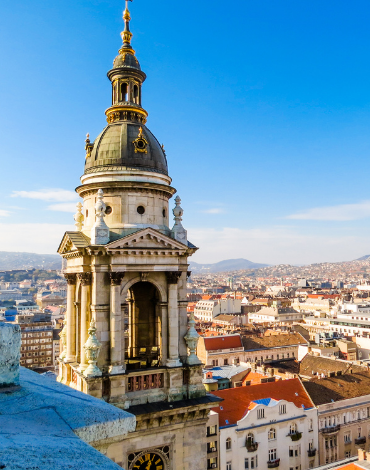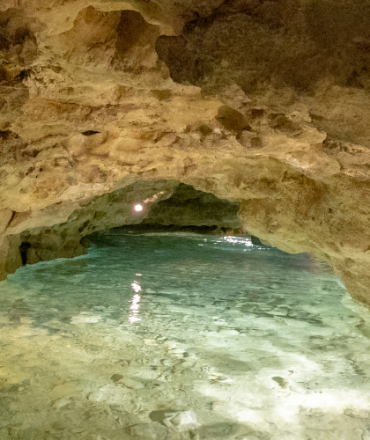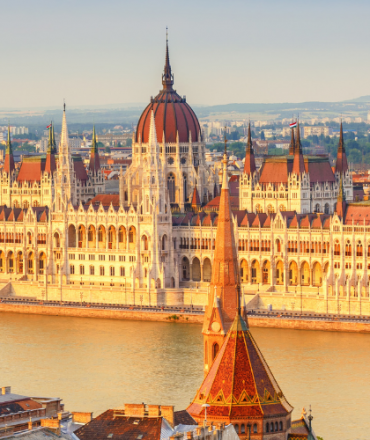Hungary is a landlocked country in Central Europe. Its capital, Budapest, is bisected by the Danube River. Its cityscape is studded with architectural landmarks from Buda’s medieval Castle Hill and grand neoclassical buildings along Pest’s Andrássy Avenue to the 19th-century Chain Bridge. Turkish and Roman influence on Hungarian culture includes the popularity of mineral spas, including at thermal Lake Hévíz
Hungary is also the birthplace of many famous people. Erno Rubik, a sculptor and professor, invented the Rubik’s Cube in 1974. Hungary boasts 13 Nobel Prize winners, and magician Harry Houdini was also born in the country’s capital, Budapest. The Eastern European country’s cuisine primarily consists of meat dishes.
Austria-Hungary collapsed after World War I, and the subsequent Treaty of Trianon established Hungary’s current borders, resulting in the loss of 71% of its territory, 58% of its population, and 32% of ethnic Hungarians. Following the tumultuous interwar period, Hungary joined the Axis Powers in World War II, suffering significant damage and casualties. Postwar Hungary became a satellite state of the Soviet Union, leading to the establishment of the Hungarian People’s Republic. Following the failed 1956 revolution, Hungary became a comparatively freer, though still repressive, member of the Eastern Bloc. The removal of Hungary’s border fence with Austria accelerated the collapse of the Eastern Bloc, and subsequently the Soviet Union.[23] On 23 October 1989, Hungary became a democratic parliamentary republic.[24] Hungary joined the European Union in 2004 and has been part of the Schengen Area since 2007.[25]
Hungary is a middle power in international affairs, owing mostly to its cultural and economic influence. It is considered a developed country with a high-income economy and ranks 40th in the Human Development Index, with citizens enjoying universal health care and free-tuition secondary education. Hungary has a long history of significant contributions to arts, music, literature, sports, science and technology. It is the thirteenth-most popular tourist destination in Europe, drawing 15.8 million international tourists in 2017. It is a member of numerous international organizations, including the United Nations, NATO, WTO, World Bank, IIB, the AIIB, the Council of Europe, the Visegrád Group and an observer state in the Organization of Turkic States.



